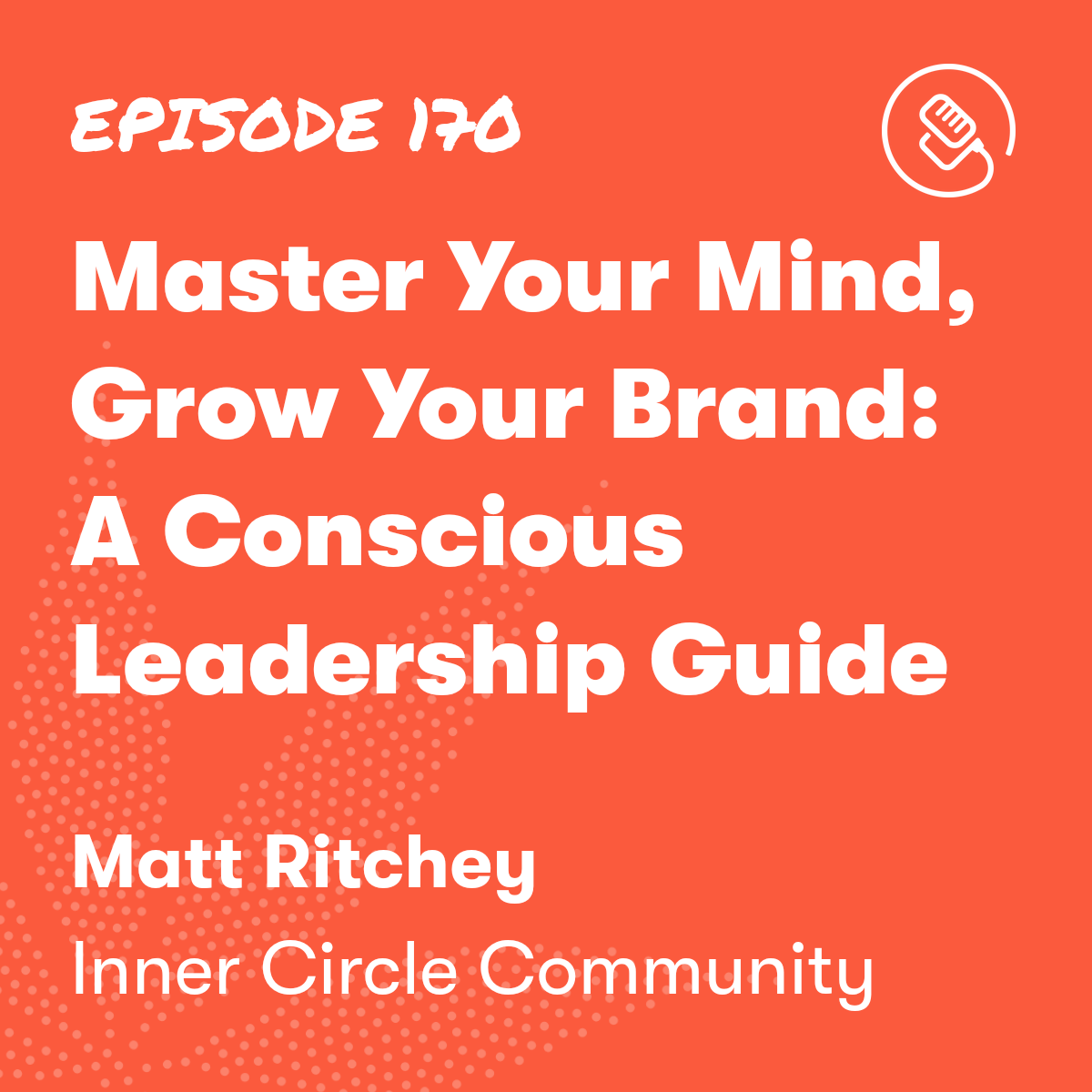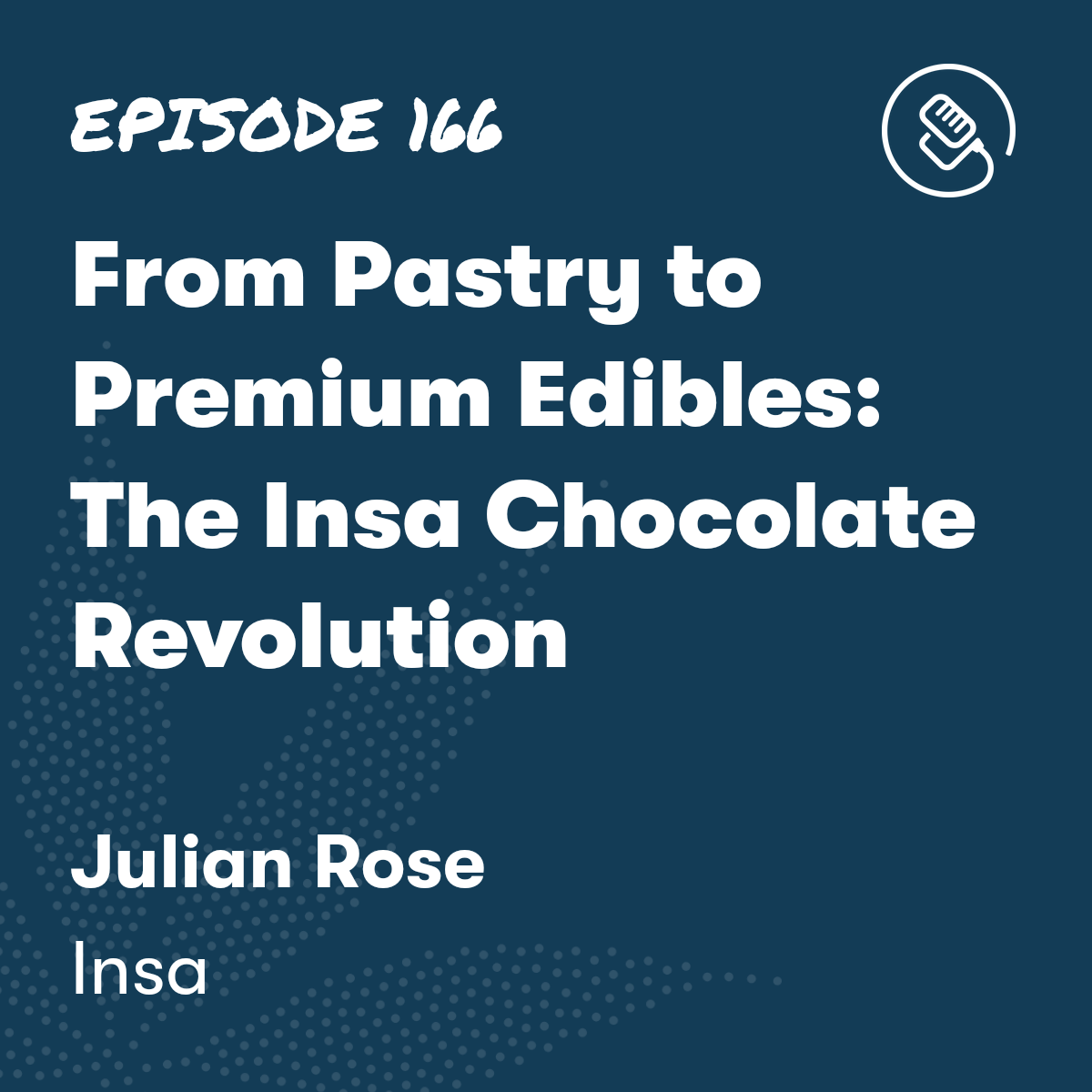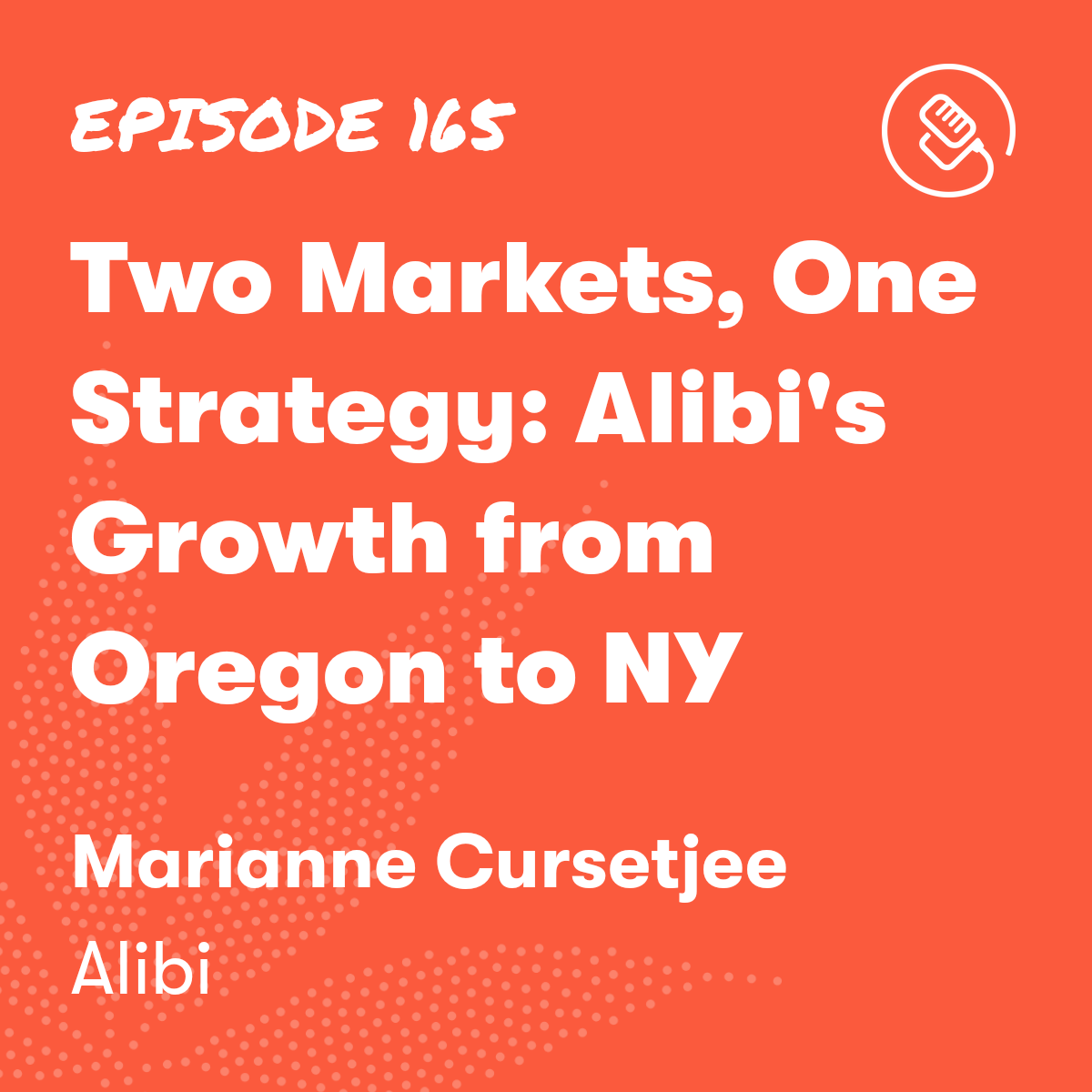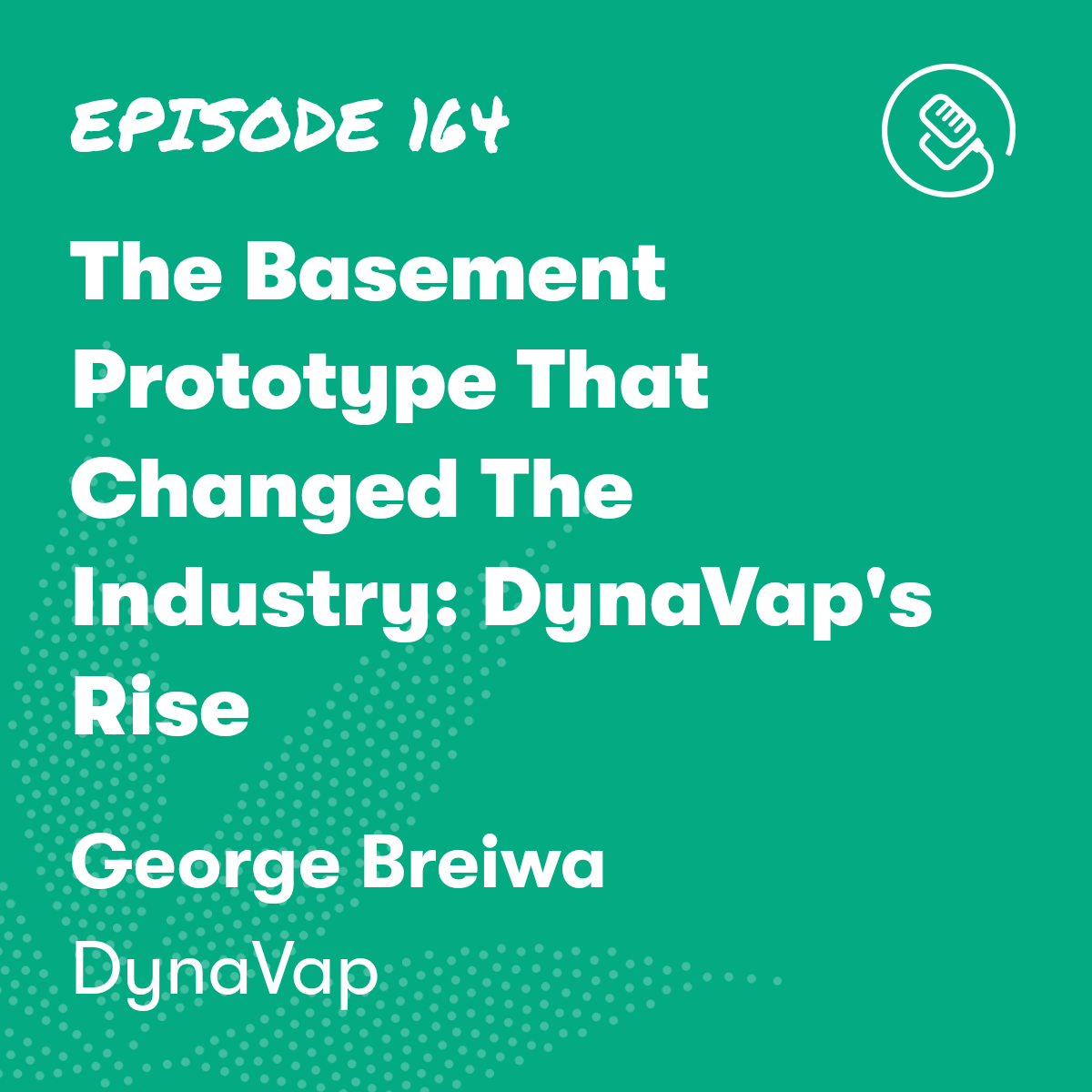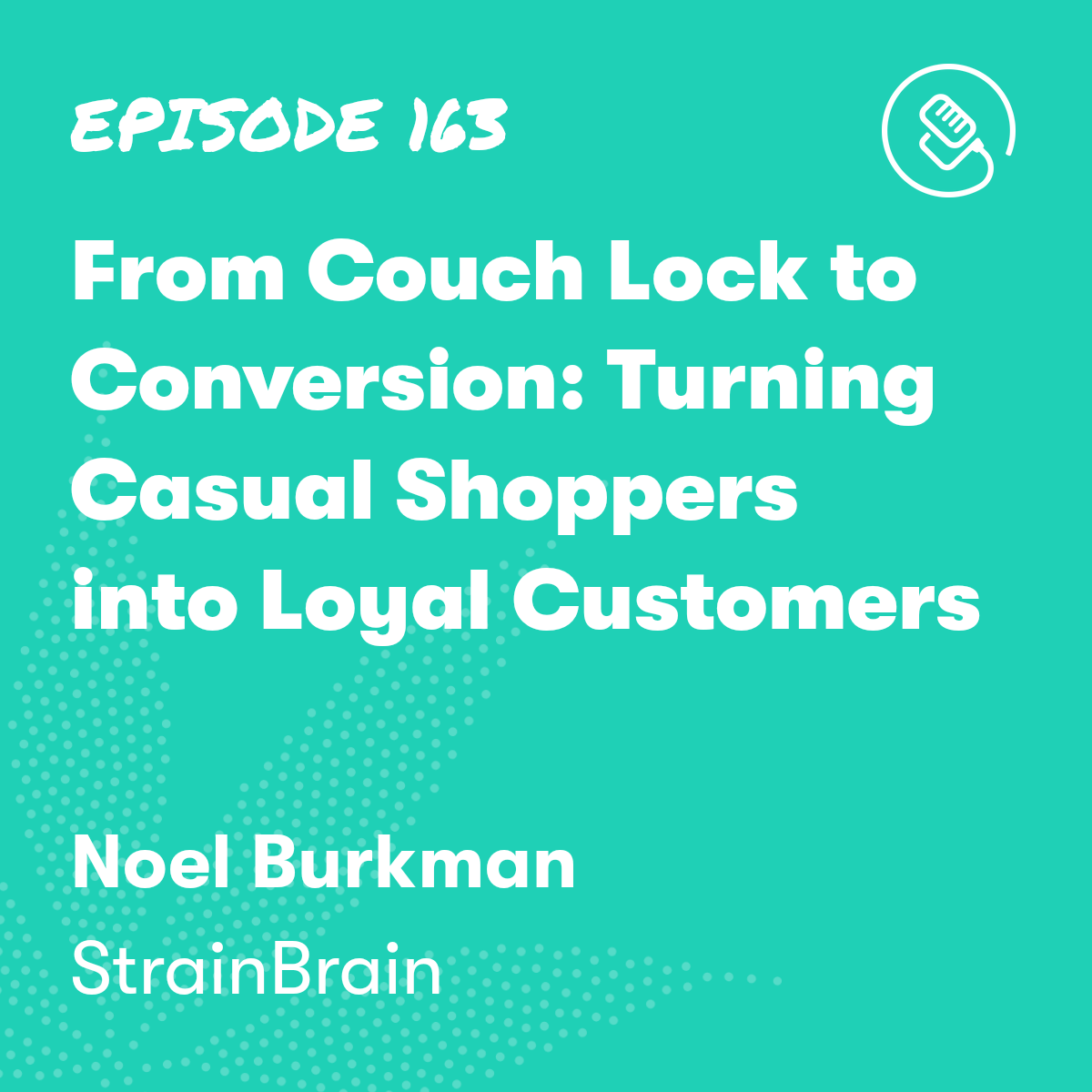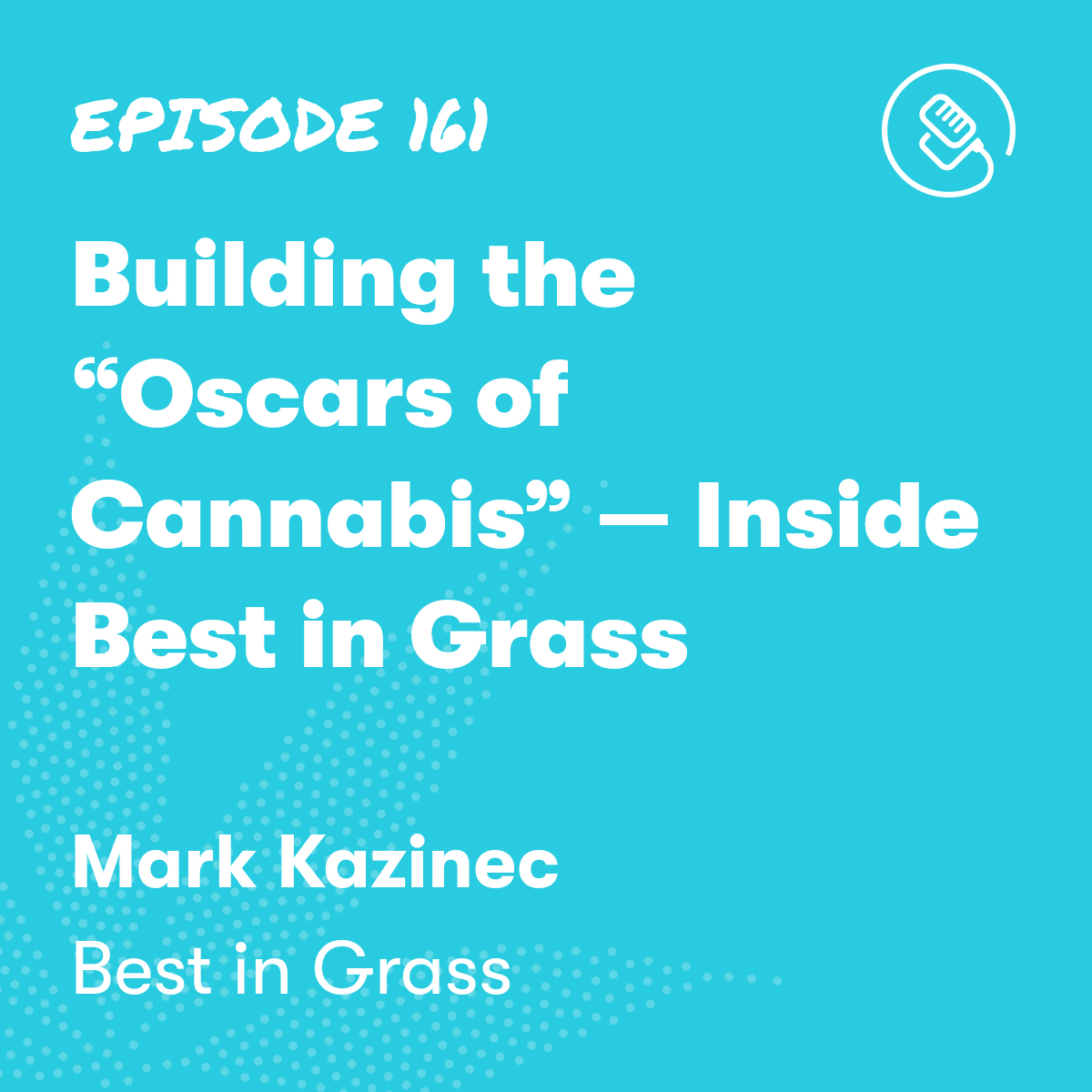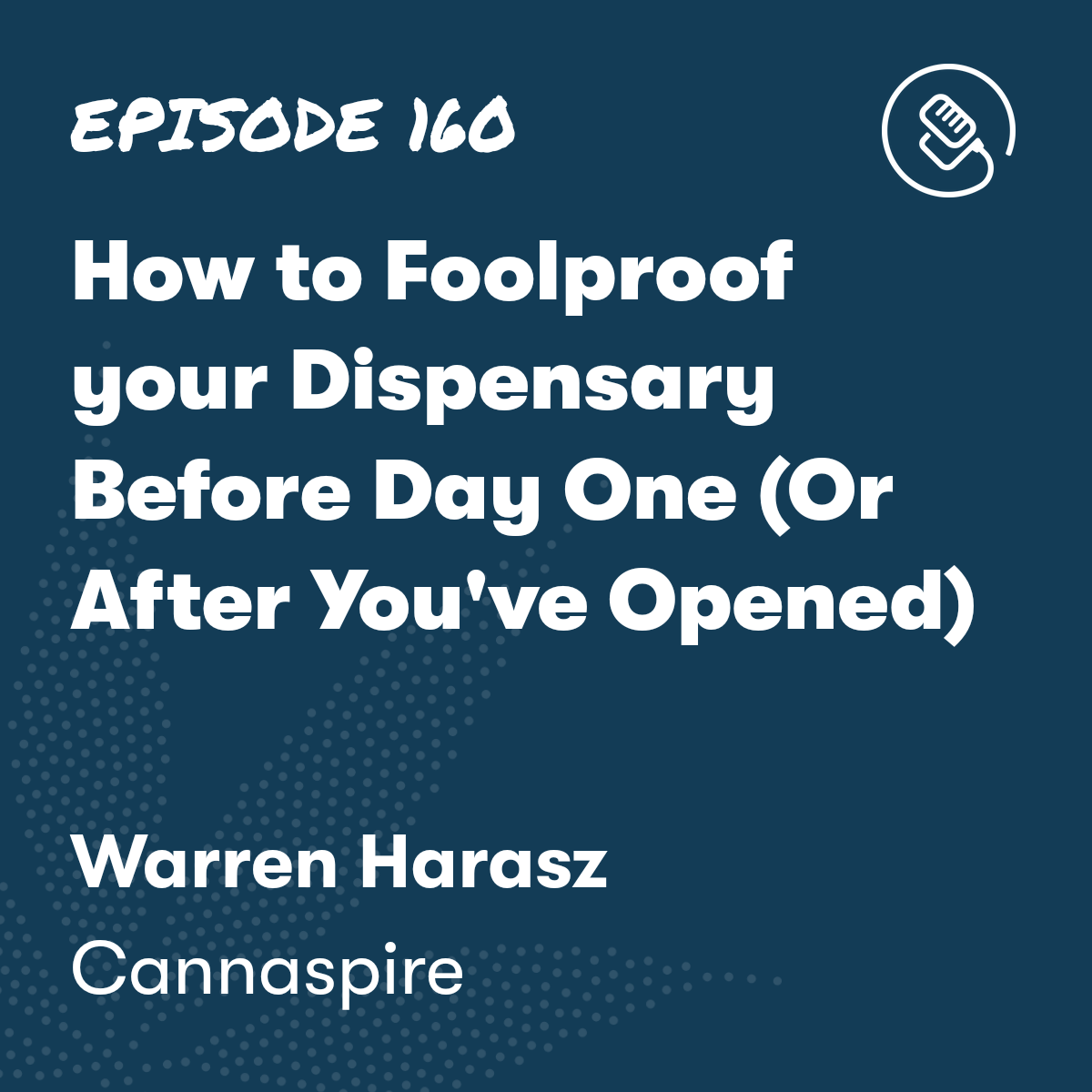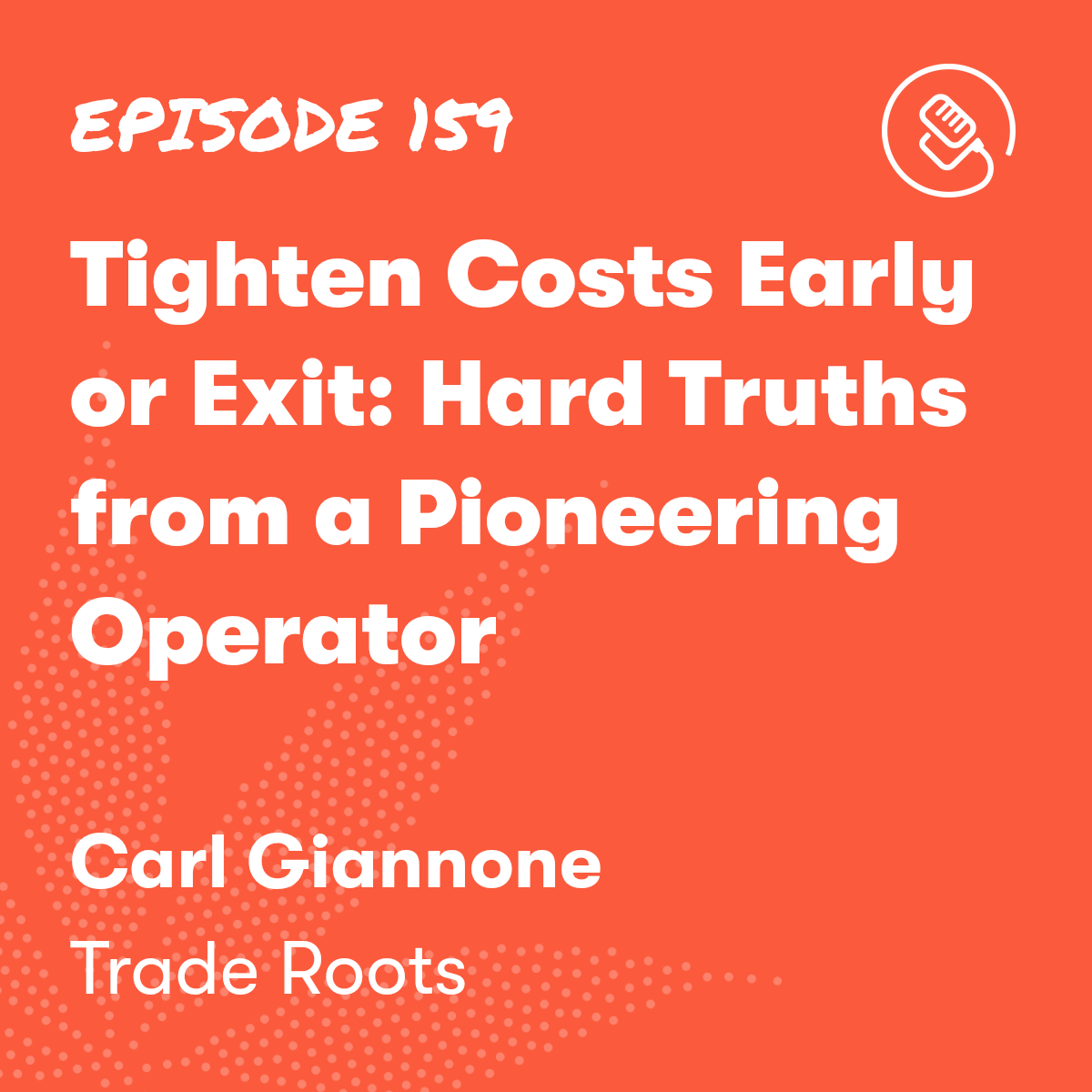

Reefer Madness to Legalization: A Cannabis Story
Episode Description

Episode Transcript
Tommy:
Have you ever wondered how cannabis got into schedule one? How did a plant that's not physically addictive with all of its medical benefits get into the same class as heroin? Believe it or not, the story starts with hemp. Hemp has a long history in the U S and grew in popularity in the early 1900s. Hemp grown for its stock is much sturdier and stronger than paper pulp and through innovation was beginning to be cheaper, to grow than paper. And had its sight set on disrupting the paper industry.
Intro: Welcome to the KayaCast, the podcast for cannabis businesses looking to launch, grow, and scale their operations. Each week, we bring you interviews with industry experts and successful retailers, plus practical tips and strategies to help you succeed in the fast growing cannabis industry.
Enter William Randolph Hearst who ran a media company. Hearst communications. Hearst communications at that time had over 20 million daily active readers which was a lot. He also has significant investment in the paper mill industry and saw hemp as a threat to his empire. So he went out to cannabis like his life depended on it. He adopted yellow journalism and labeled cannabis as a threat to the country, a drug that increased crime without really any evidence.
He was quoted as saying users of marijuana become stimulated as the inhaled, the drug under are likely to do anything. Most crimes of violence in this section, especially in country districts are late out to users of that drug, and he frequently went after cannabis as the assassination of America's youth. This caused a lot of attention to marijuana and its peak in 1936, the film Reefer Madness came out, which had a plot that smoking cannabis caused people to go crazy.
And then you have Harry Anslinger in 1930, who was appointed the founding commissioner of the federal bureau of narcotics today. The DEA. And against the medical community at that time, he went after cannabis as a harmful drug. And together you had Harry and William, the government and the media working hand in hand to influence public perception on something that was completely fabricated.
And they were successful. In 1937, the Marijuana Tax Act was passed. It enacted steep taxes on the distribution and sale of cannabis. Anyone found not paying taxes were criminally prosecuted. And since only a few people in the country were registered to pay this tax, it effectively made the distribution of cannabis illegal. And surprise, surprise. hemp was included in this bill.
The marijuana tax act was struck down by the Supreme Court in 1969 as unconstitutional. And the Controlled Substance Act came into effect in 1971, which then regulated cannabis, Richard Nixon temporarily put cannabis on Schedule One and appointed Raymond Shafer, the former governor of Pennsylvania to research the effects of cannabis. The Shafer report came out and recommended that we decriminalized cannabis and that we treat cannabis like alcohol. Richard Nixon completely ignored this and left cannabis on Schedule One to where it is today.
In the 1980s, we saw a huge crack cocaine epidemic and a war on drugs and since cannabis was a Schedule One drug, it got swept up in this war. Things finally turned around at the state level in the nineties in 1996, California became the first state to legalize cannabis for medicinal purposes and in 2012, Colorado and Washington legalized cannabis for recreational purposes.
And finally most recently the DEA on May 2024 recommended the reclassification of cannabis from Schedule One to Schedule Three, which we're finally, finally, and the unfair tax burden plays on cannabis businesses. At first started with the Marijuana Tax Act followed by 280E and finally with reclassification, it can finally end. Reclassification to Schedule Three also opens the door for cannabis to be wildly researched for its health benefits. The FDA can now finally regulate certain compounds in cannabis to treat different ailments. Cannabis has such a wild history and there's so much more history to be written as we march towards declassification. I hope you guys enjoy this trip down memory lane until next time. Take care.
Outro: Thanks for listening to the KayaCast podcast. We hope you enjoyed the show. Don't forget to subscribe to our podcast in your favorite podcast app, or visit our website to learn more about our guests and to access the full archive of episodes from the show. Join us next time as we continue to explore the world of cannabis and help you grow, launch, and scale your business.
